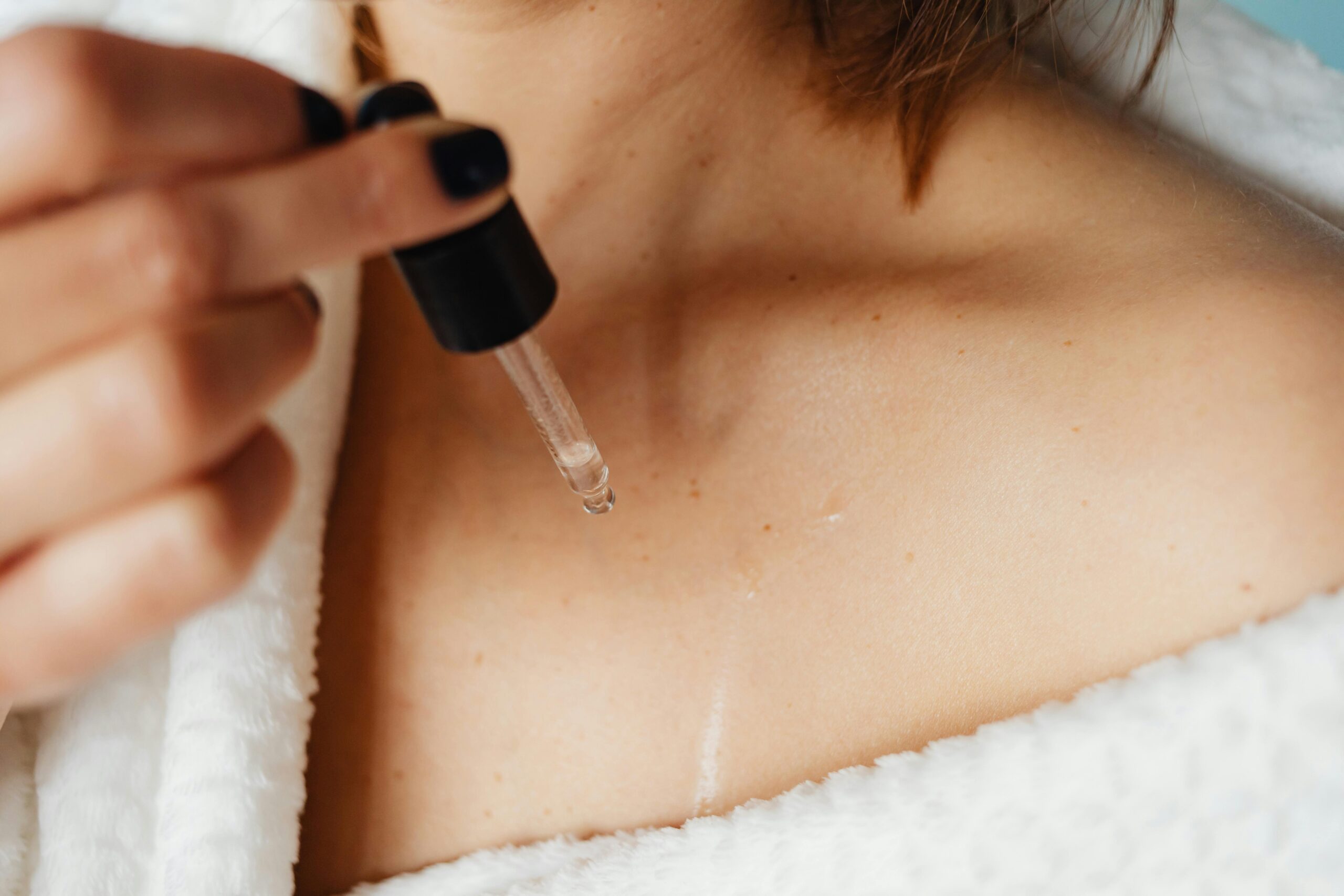The postpartum period is a transformative time for the body, including your skin. Hormonal shifts, lack of sleep, and stress can lead to dryness, breakouts, and dullness. Restoring your skin’s health doesn’t have to be complicated. With a few practical skincare tips, you can regain a radiant, healthy complexion and feel more confident during this recovery phase.
Common Postpartum Skin Concerns
After childbirth, many women experience noticeable changes in their skin. Understanding these issues is the first step toward effective care.
1. Hormonal Acne
The fluctuation of hormones can trigger acne breakouts, particularly around the jawline and chin. These breakouts may be more stubborn than usual.
2. Dryness and Dehydration
Postpartum dryness is common due to hormonal changes and reduced hydration levels. This can leave the skin feeling tight and flaky.
3. Melasma (Hyperpigmentation)
Melasma, also known as “mask of pregnancy,” often persists after childbirth. Dark patches typically appear on the forehead, cheeks, and upper lip.
4. Puffiness and Dark Circles
Sleep deprivation and stress can cause puffiness and dark circles under the eyes, making the skin look tired.
Essential Skincare Tips for Postpartum Recovery
Addressing postpartum skin concerns requires a gentle and consistent approach. Here’s how to care for your skin effectively.
1. Hydrate Inside and Out
Staying hydrated is crucial for your skin’s recovery. Drink plenty of water throughout the day to replenish lost fluids. Use hydrating skincare products like hyaluronic acid serums and gentle moisturizers to lock in moisture.
2. Prioritize Sun Protection
Hormonal changes can make your skin more sensitive to the sun. Apply a broad-spectrum sunscreen with at least SPF 30 daily to protect against UV damage and prevent melasma from worsening.
3. Use Gentle Cleansers
Avoid harsh cleansers that can strip your skin of natural oils. Opt for a mild, sulfate-free cleanser to remove impurities without causing irritation.
4. Target Acne Carefully
For hormonal acne, choose products with salicylic acid or benzoyl peroxide in low concentrations. Avoid aggressive treatments, especially if you’re breastfeeding, and consult a dermatologist if needed.
5. Incorporate Antioxidants
Antioxidants like vitamin C can help brighten the skin and fade hyperpigmentation. Look for serums with stabilized vitamin C for optimal results.
6. Get Enough Sleep (When Possible)
While sleep may be scarce, aim for short naps when your baby rests. Sleep helps repair skin cells and reduce inflammation, improving your overall complexion.
7. Use Eye Creams
Invest in a hydrating eye cream with ingredients like caffeine or peptides to reduce puffiness and dark circles. Apply it gently to avoid tugging on the delicate under-eye area.
8. Practice Gentle Exfoliation
Exfoliate once or twice a week to remove dead skin cells and promote cell turnover. Use a mild exfoliant with lactic acid or enzymes to avoid over-sensitizing your skin.
Safe Ingredients for Postpartum Skincare
It’s essential to choose products with safe and effective ingredients, especially if you’re breastfeeding. Here are some safe options:
- Hyaluronic Acid: Deeply hydrates the skin.
- Niacinamide: Reduces redness and improves elasticity.
- Ceramides: Strengthen the skin barrier.
- Aloe Vera: Soothes irritation and inflammation.
- Shea Butter: Provides intense hydration.
Avoid ingredients like retinoids and hydroquinone unless prescribed by a doctor.
Building a Simple Postpartum Skincare Routine
A consistent routine doesn’t need to be complicated. Here’s a basic regimen to follow:
- Morning Routine:
- Cleanse with a gentle cleanser.
- Apply a hydrating serum.
- Moisturize with a lightweight cream.
- Finish with sunscreen.
- Evening Routine:
- Remove makeup and cleanse.
- Apply a vitamin C or niacinamide serum.
- Use a nourishing moisturizer.
- Weekly Care:
- Exfoliate 1-2 times a week.
- Apply a hydrating mask for extra moisture.
When to Seek Professional Help
If postpartum skin issues persist despite your efforts, consult a dermatologist. Persistent acne, severe melasma, or irritation may require professional-grade treatments or medication.
Conclusion
Postpartum recovery is a journey, and taking care of your skin can make a significant difference in how you feel. With simple, consistent steps, you can restore your skin’s health and glow. Remember, patience is key as your body adjusts. Celebrate small improvements and give your skin the care it deserves.
Frequently Asked Questions (FAQs)
1. When should I start a postpartum skincare routine?
You can begin as soon as you’re comfortable after childbirth. Start with gentle products and gradually introduce treatments for specific concerns.
2. Can I use my pre-pregnancy skincare products?
It depends on the ingredients. Avoid products with retinoids, hydroquinone, or other strong actives unless approved by your doctor.
3. How long does it take for postpartum skin to recover?
Skin recovery varies for everyone. It may take a few weeks to several months for your skin to regain its balance.
While postpartum hair loss is a separate issue, maintaining a healthy scalp with gentle care can support overall skin health.
5. Can breastfeeding affect my skin?
Yes, breastfeeding can influence your skin due to hormonal changes. Stay hydrated and use gentle products to minimize dryness and irritation.



